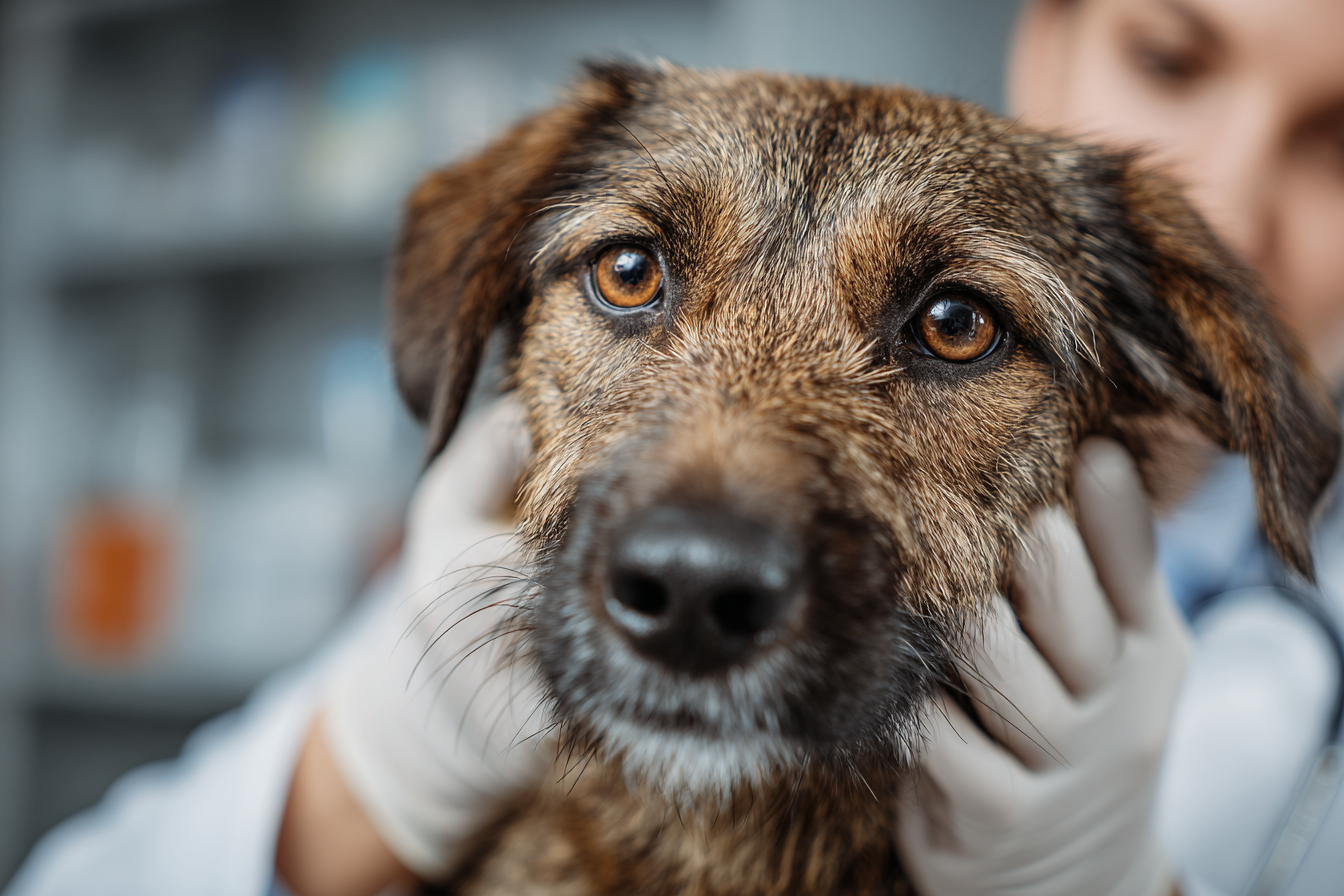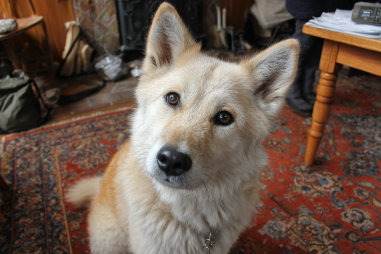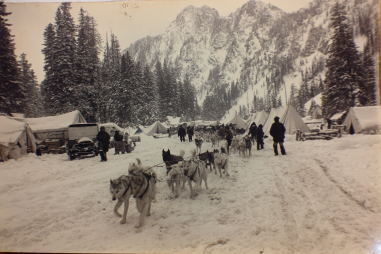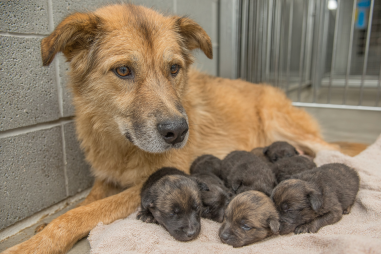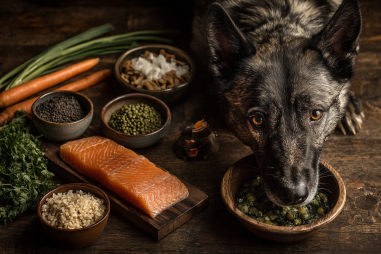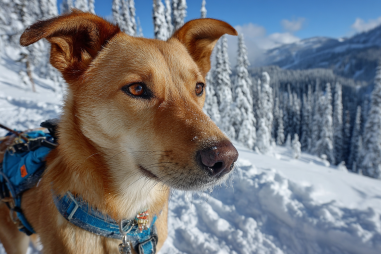The Chinook dog is a rare and beautiful breed known for its friendly temperament and remarkable athleticism. Originally bred as sled dogs, Chinooks possess both strength and endurance, making them excellent working and family companions. While generally robust and healthy, like all breeds, they can be predisposed to certain health concerns. Understanding these potential issues and how to prevent them can ensure your Chinook leads a happy and active life. In this article, we’ll delve into common health concerns of Chinooks, signs to watch for, preventive care strategies, and tips for fostering long-term wellbeing in your beloved canine.
Overview of Chinook Dog Health
Chinooks are known for their good overall health and longevity, often living between 12 to 15 years when well cared for. Their working dog heritage contributes to their sturdy physique and resilient immune systems. However, no breed is without predispositions to specific conditions, and the Chinook is no exception. Thanks to conscientious breeding practices focused on health and temperament, many hereditary problems have been minimized, but vigilance is still essential. Regular veterinary checkups and attentive care can help detect and address any emerging health concerns early on.
Common Hereditary and Non-Hereditary Conditions
Though generally hardy, Chinooks may be susceptible to a few hereditary health issues encountered in the breed. Those include:
- Hip Dysplasia: This genetic condition affects the hip joints and can lead to arthritis and mobility problems over time. Chinooks, like many medium-to-large breeds, can develop hip dysplasia especially if activity levels or weight are not properly managed.
- Elbow Dysplasia: Similar to hip dysplasia but affecting the front limbs, elbow dysplasia can cause lameness and joint discomfort.
- Eye Conditions: Some Chinooks may develop hereditary eye diseases such as cataracts or progressive retinal atrophy (PRA) that affect vision.
- Hypothyroidism: A fairly common endocrine disorder in dogs where the thyroid gland underperforms, potentially causing weight gain, lethargy, and coat changes.
In addition to these hereditary concerns, Chinooks can face non-hereditary health issues just like any active dog. These include injuries related to activity or exercise, infections, parasites, and dental problems. Their thick double coat helps protect them in cold climates but can also predispose them to skin infections if not properly groomed.
Signs to Watch for in Your Chinook
Early recognition of health issues can make all the difference in treatment success and quality of life. As a Chinook owner, you should remain observant of changes in your dog’s behavior or physical condition. Some warning signs include:
- Difficulty getting up, limping, or signs of joint stiffness which could indicate dysplasia or arthritis.
- Changes in appetite or sudden weight gain or loss.
- Excessive thirst or urination, which may signal underlying endocrine issues like hypothyroidism or diabetes.
- Cloudiness, redness, or discharge in the eyes, which might indicate problems such as cataracts or infections.
- Persistent itching, hair loss, or sore patches that could be signs of skin infections or allergies.
- Behavioral changes such as lethargy, excessive sleeping, or unusual aggression.
If you notice any of these symptoms or anything else out of the ordinary, it’s important to consult your veterinarian promptly to diagnose and address the problem.
Preventive Health Care Routines
Keeping your Chinook in optimal health involves a strong focus on preventive care. Regular veterinary visits allow early detection of health concerns and keep vaccinations, parasite control, and dental care on track. Here are some key preventive measures:
- Regular Vet Checkups: Schedule routine exams at least once or twice a year depending on your dog’s age and health status.
- Vaccinations: Maintain an up-to-date vaccination schedule to protect against infectious diseases.
- Parasite Prevention: Use vet-recommended flea, tick, and worm preventatives consistently.
- Dental Hygiene: Brush your Chinook’s teeth regularly and provide dental chews to prevent plaque buildup and gum disease.
- Joint Health Supplements: Consider supplements such as glucosamine and chondroitin especially if your dog has a predisposition to joint issues.
- Maintain a Healthy Weight: Obesity can exacerbate joint problems and other conditions, so regulate food intake and exercise closely.
Nutrition and Exercise Recommendations
Good nutrition and regular exercise form the foundation of a healthy life for any dog, and Chinooks are no exception. Their medium-to-large build and high energy levels mean they require a balanced diet and plenty of physical activity.
Feed your Chinook high-quality dog food that meets their specific life stage requirements and supports joint health. Look for formulas rich in proteins, omega fatty acids, and essential vitamins and minerals to sustain their active lifestyle. Portion control is key to preventing overweight or obesity, which can strain joints and internal organs.
Exercise should be daily and incorporate both physical and mental stimulation. Chinooks thrive on activities such as:
- Long walks or jogs
- Agility training or obedience exercises
- Swimming or playtime in safe, open spaces
- Interactive games that engage their smart, social nature
Keep in mind that Chinooks are bred for colder weather, so be mindful of temperature extremes. Avoid strenuous activity in hot weather to prevent overheating or heat stroke.
When to Consult Your Veterinarian
While preventive care is essential, knowing when to seek professional help is equally important. Contact your veterinarian if your Chinook exhibits any persistent or severe symptoms such as:
- Chronic limping or inability to move without pain
- Sudden changes in behavior, appetite, or water consumption
- Persistent vomiting or diarrhea
- Loss of vision or noticeable eye problems
- Swelling, lumps, or wounds that do not heal
Early intervention not only improves your dog’s comfort but can prevent complications and enhance recovery outcomes. Routine consultations also provide opportunities to discuss breed-specific health concerns and tailor a wellness plan for your pet.
Fostering a Long, Healthy Life
Providing your Chinook with a loving home, attentive health care, and plenty of stimulation will help maximize their quality of life. Emphasize consistent preventive health routines, balanced nutrition, and regular exercise to keep their body and mind strong. Being alert to changes and maintaining an open dialogue with your veterinarian will let your Chinook companion thrive for many years. This exceptional breed deserves all the care and attention needed to shine as a cherished member of your family.

